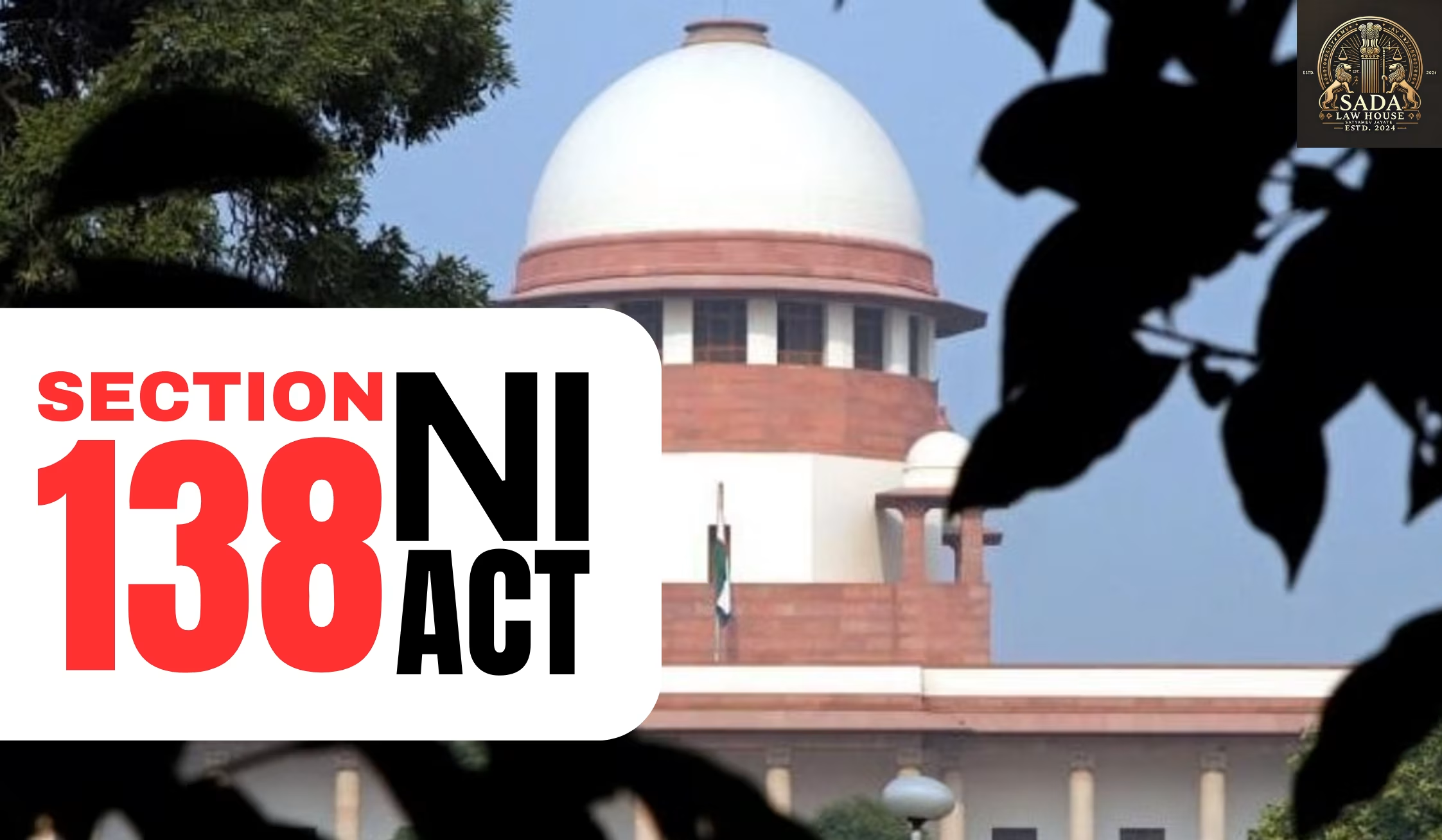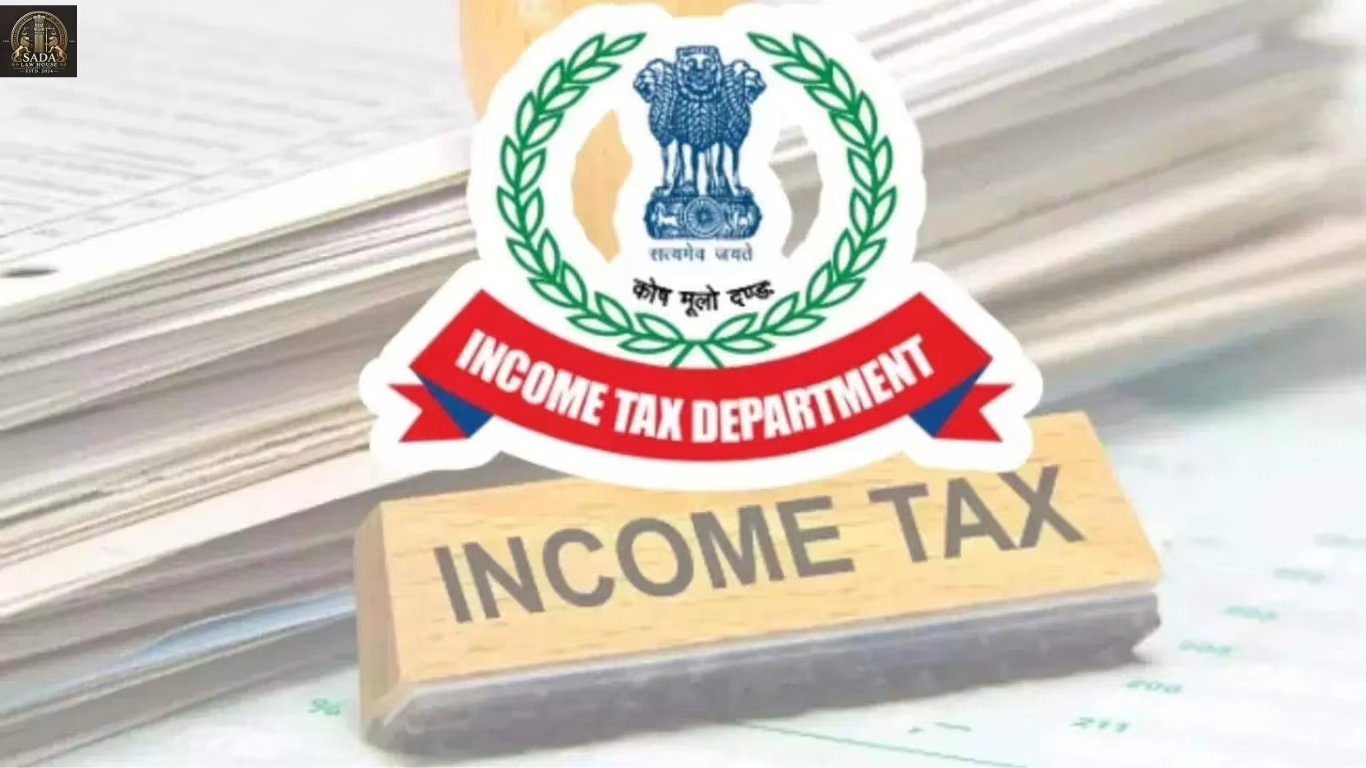Supreme Court: Complainant in Cheque Bounce Case Under Section 138 NI Act Can Appeal Acquittal as ‘Victim’ Under CrPC Section 372
- PRABHAT KUMAR BILTORIA
- 07 June 2025

The Supreme Court of India rules that complainants under Section 138 of the Negotiable Instruments Act can appeal acquittals as ‘victims’ under Section 372 of the CrPC without special leave. Learn about the judgment, key legal implications, and rights of victims in cheque bounce cases.
Supreme Court Upholds Complainant’s Right to Appeal in Cheque Bounce Cases Under Section 372 CrPC
In a landmark decision, the Supreme Court of India has clarified that a complainant in a case under Section 138 of the Negotiable Instruments Act, 1881 (NI Act) is to be considered a ‘victim’ and can file an appeal against an acquittal under the proviso to Section 372 of the Criminal Procedure Code (CrPC) — without needing special leave under Section 378(4) CrPC.
Who Delivered the Judgment?
The two-judge bench of Justice B.V. Nagarathna and Justice Satish Chandra Sharma emphasized that complainants under Section 138 suffer financial harm due to the dishonour of a cheque — qualifying them as ‘victims’ under Section 2(wa) of the CrPC.
Complainant Recognized as ‘Victim’ in Cheque Bounce Cases
The Court reasoned that since cheque dishonour leads to economic loss, the complainant is directly aggrieved and thus fulfills the legal definition of a victim. Therefore, they have the right to appeal an acquittal under the proviso to Section 372 CrPC. This ensures that complainants are not forced to seek special leave under Section 378(4) CrPC.
Right to Appeal Strengthened for Victims
The ruling reinforces that a victim, whether under regular penal law or the deemed offence of cheque dishonour, can independently challenge an acquittal order. The only condition is that the appeal must be based on one of the specific grounds listed in the proviso to Section 372 CrPC.
No Need for Special Leave for Victim Appeals
The Bench made it clear: the complainant in a Section 138 NI Act case can appeal under Section 372 CrPC without seeking special permission. The Court rejected the notion that victims must meet the same procedural hurdles imposed on appeals by the State or prosecution under Section 378 CrPC.
Section 138 NI Act: A Deemed Penal Provision
According to the Court, Section 138 NI Act creates a “deeming fiction” — meaning the offence of cheque bounce is treated as a criminal offence. As such, the complainant, being directly harmed, holds legal standing to appeal any unjust acquittal of the accused.
Appeals Can Be Filed Within Four Months
Concluding the matter, the Supreme Court quashed the prior judgment and allowed the appellant to file an appeal within four months. This paves the way for numerous victims in cheque dishonour cases to seek justice without procedural roadblocks.
Key Takeaway for Legal Professionals and Litigants
This decision has significant implications for both litigants and legal practitioners handling cheque bounce cases. It affirms that a complainant under Section 138 NI Act has the right to file an appeal under Section 372 CrPC as a victim — independent of the State’s involvement and without needing special leave.
Live Cases






